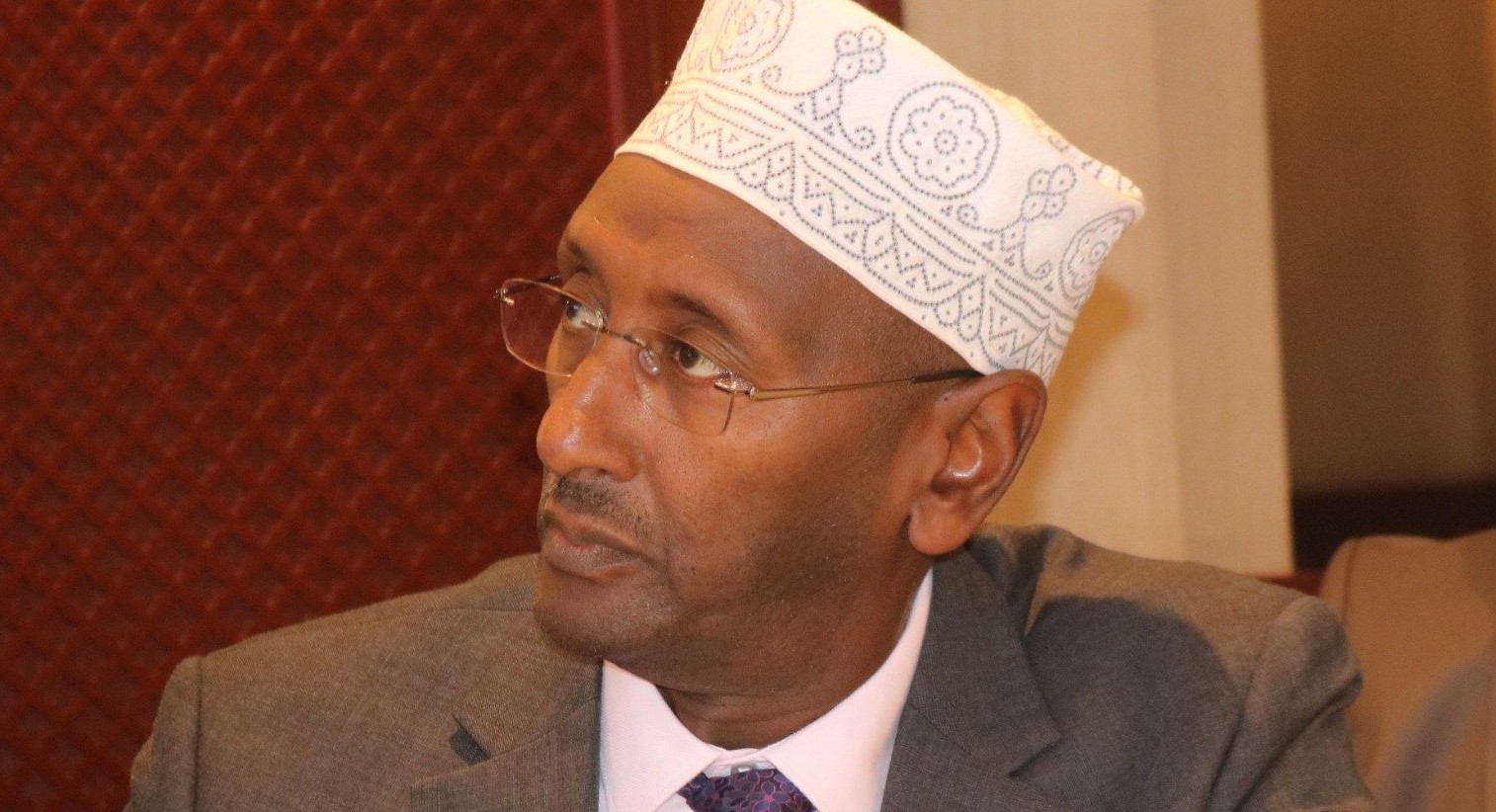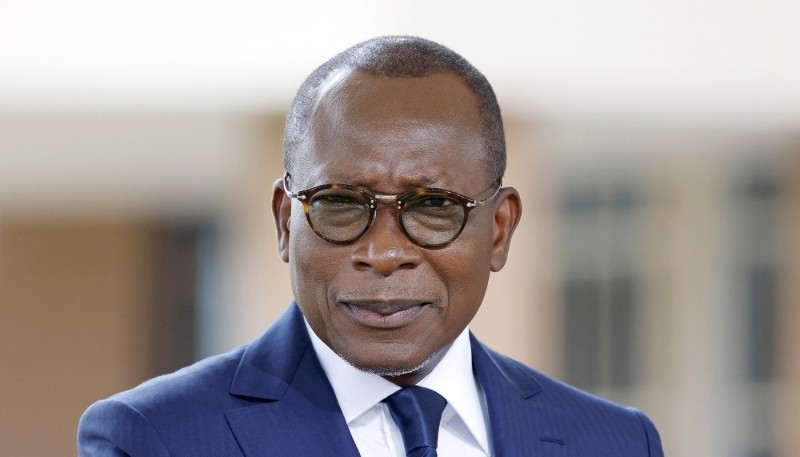Senate gives PSC one year to address ethnic gaps in government jobs

The report recommends that state agencies explore diverse job advertisement methods to promote inclusivity in hiring practices.
A Senate panel has directed the Public Service Commission (PSC) to take action within one year to ensure that all ethnic groups are represented in state jobs.
The National Cohesion, Equal Opportunity, and Regional Integration Committee is calling for a review of existing laws to address ethnic disparities in the civil service.
More To Read
- Kenya School of Government cancels hundreds of fake certificates in major crackdown
- High Court invalidates State corporation management guidelines limiting PSC
- Ruto appoints seven-member panel to recruit new Public Service Commission chairperson
- PSC warns civil servants to steer clear of politics ahead of by-elections
- Government orders fresh audit of academic certificates for all civil servants
- Standoff over reinstatement of former Aircraft Accident Investigation director escalates to Court of Appeal
in a report, Marsabit Senator Mohamed Chute, who chairs the committee, said that the review aims to facilitate the inclusion of all ethnic groups in government employment.
"The PSC should within one year conduct an audit of the laws regarding inclusivity," the committee's report states.
The PSC is tasked with identifying legislative gaps and proposing amendments to the Senate.
Lawmakers noted that many state agencies have not developed effective human resource policies that align with legal requirements for inclusivity.
They pointed out that most agencies are also non-compliant with laws regarding gender inclusion and representation of special interest groups.
"Most state agencies that made submissions before the committee had not achieved at least five per cent of PWDs in their workforce," the report says.
The Senate's directive comes amid concerns that Kikuyu and Kalenjin communities dominate public service roles, while other ethnic groups remain underrepresented.
There is ongoing discussion in Parliament about creating incentives to encourage compliance with constitutional and statutory provisions regarding gender, persons with disabilities (PWDs), and ethnic representation.
The inquiry revealed significant imbalances in the staffing of state agencies, with some communities having little to no representation.
The committee's report highlighted that minority communities such as the Tharaka, El Molo, Rendile, and Mijikenda, have the least representation.
The Senate reviewed data from 29 state agencies, including Kenya Power, Kenya Agricultural and Livestock Research Organisation (KALRO), Kenya Medical Supplies Authority, and the Teachers Service Commission.
At Kenya Power, for example, Kikuyus make up 23 per cent (2,423) of the workforce, followed by Kalenjins at 17 per cent (1,798) out of 10,515 employees.
At KALRO, 30 per cent of employees are Kikuyus, 18 per cent are Kalenjins, and 15 per cent are Luhyas. Among KALRO's total workforce of 2,164, only 43 are persons with disabilities.
The Kenya Medical Supplies Authority (KEMSA) reflects similar trends, with 23 per cent of its staff being Kikuyus, 16 per cent Luos, 14 per cent Luhyas, and 12 per cent Kambas.
The Teachers Service Commission reports Kalenjins as the majority at 73,309 employees (18 per cent), followed by Kikuyus at 64,937 (16 per cent).
At the Kenya Bureau of Standards, Kikuyus and Kalenjins account for 18 per cent (204) and 17 per cent (189) of the workforce, respectively.
The Kenya School of Government shows similar disparities, with 21 per cent of employees being Kikuyus, 13 per cent Kalenjins, and 11 per cent Luhyas.
The report recommends that state agencies explore diverse job advertisement methods, including utilising vernacular radio stations and religious institutions, to promote inclusivity in hiring practices.
Top Stories Today














































